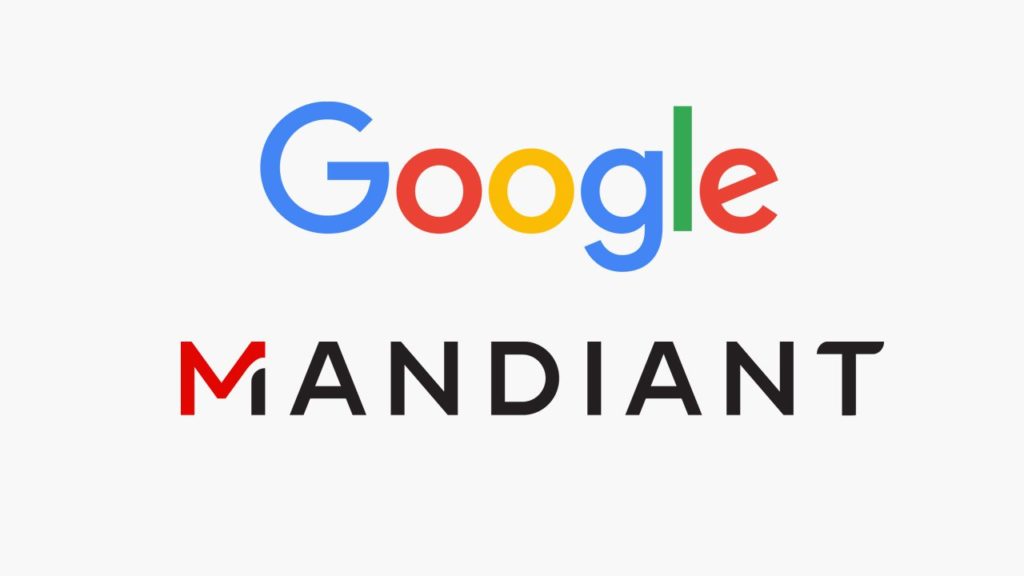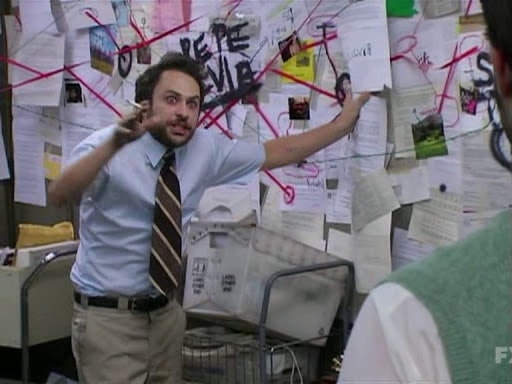Don’t hold your breath waiting for this deal to close

9 March 2022 (Krakow, Poland) – Hoo boy. We are living in a world where crises seem to mount at alarming speed. We see new storm clouds loom, even as the floods from past deluges have not receded. How do we gather ourselves in the present, even as we try to contend with the recent past and prepare for an uncertain future?
French Marshal Ferdinand Foch once said that the first task is to answer the question De quoi s’agit-il?, or “What is it all about?”
Note: I just finished a biography on Foch. He served as the Supreme Allied Commander during World War I. He was considered aggressive, even reckless at times, but all historians agree he played the decisive role in halting a renewed German advance on Paris. To a large extent the final Allied strategy which won the war on land in Western Europe in 1918 was Foch’s alone. He considered the Treaty of Versailles too lenient on Germany, with too many aspects of it unenforceable unless the allies diligently monitored Germany. He believed that only permanent occupation of the Rhineland would grant France sufficient security against a revival of German aggression because Germany could easily rebuild from there. Foch declared “This is not peace. It is an armistice for twenty years” and his words proved prophetic: the Second World War started twenty years later.
For Foch, “to know what it was all about” meant not taking immediate things at face value but taking a holistic view. I totally agree. The answer with respect to something like COVID (an event of almost biblical proportions) or the current situation in Ukraine is that with such complex and strategic problems, it is always less straightforward than one might think. You need to take all the pieces, shards, ostraca, palimpsests, barrage of news clips and web sites screaming by you and determine what we think is key to know and internalize it.

Me this week writing about the Ukraine-Russia war, the modern economic histories of Russia, the role of technology and the internet, what American pundits get wrong about Ukraine, pivot points, and how world is spinning differently on its axis, and we don’t know what comes next.
Because we are in an age of atomized and labyrinthine knowledge. Many of us are forced to lay claim only to competence in partial, local, limited domains. We get stuck in multiple affiliations, plural identities, modest reason, fractal logic, and complex networks. But many of us do not get stuck, and right now none of can afford to get stuck. Yes, as difficult as it is, we must be interdisciplinary. We must focus.
To that degree, I have an advantage. Over the last 20+ years I have built a team (now 5 full-time + 6 free-lancers) that has covered multiple overlapping, connected domains: cyber security, digital/mobile media, international politics, and network infrastructures. Everything truly is related.
I am back in Krakow where I have based my Ukraine team. The city hosts a fabulous technology centre, two world-class universities with scores of experts on Russia/Eastern Europe, and a flood of Ukrainian refugees who have been giving us first-hand accounts of the theatre of war. Plus two of my OSINT sources have fled Ukraine and are now based here, although two of their colleagues remain in Kyiv.
I will have a piece out later today on how OSINT researchers are using some pretty fancy data analytic software to produce some compelling, easy-to-understand visualisations to follow the war, with a video of the Ukrainian army shooting down Russian helicopters (courtesy of a OSINT source on TikTok). But for the moment for my cybersecurity followers, I shall take a break from the war and deal with something a bit more mundane and prosaic.

The M&A folks at big tech companies apparently are still working, despite regulators’ best efforts to do away with their jobs. Google’s $5.4 billion cash deal to buy cybersecurity firm Mandiant demonstrates that big tech companies aren’t going to let antitrust pressure stop them from pursuing acquisitions. The question now is how hard a line the government will take against this purchase.
You can expect the U.S. Justice Department, which will handle the review, to scrutinize it very closely. Google would seem to have a good argument in the deal’s favor. Its Google Cloud unit, which is buying Mandiant, is a distant No. 3 to Microsoft Azure and Amazon Web Services. The cybersecurity industry has a lot of competitors which should make the deal less of a problem for regulators.
Still … well, Google is Google, one of the most powerful tech firms in the world. It’s already facing several antitrust lawsuits from the federal government and states attacking its search and advertising businesses. As a veteran antitrust defense attorney told me last night “The odds are pretty good that the U.S. government will try to come up with a theory for why it should block the deal just because it’s Google”.
This has parallels to Amazon’s $8.5 billion bid for MGM, a deal that by all logic should be allowed. Amazon is far from dominant in the hugely competitive video-streaming market and MGM is one of the least important film and TV studios. Yet, as I noted last week, the Federal Trade Commission is considering a legal challenge to block the acquisition – well, because it’s Amazon.
In this case, you can imagine that regulators (and Mandiant customers) may worry that Google will require companies using Mandiant services to also use other Google Cloud products. That’s a valid concern, but there are ways to ensure that doesn’t happen (ok, granted – Google has a way of manipulating such things). My bet is this deal is going to go through an extensive and prolonged review. So don’t hold your breath waiting for the closing.